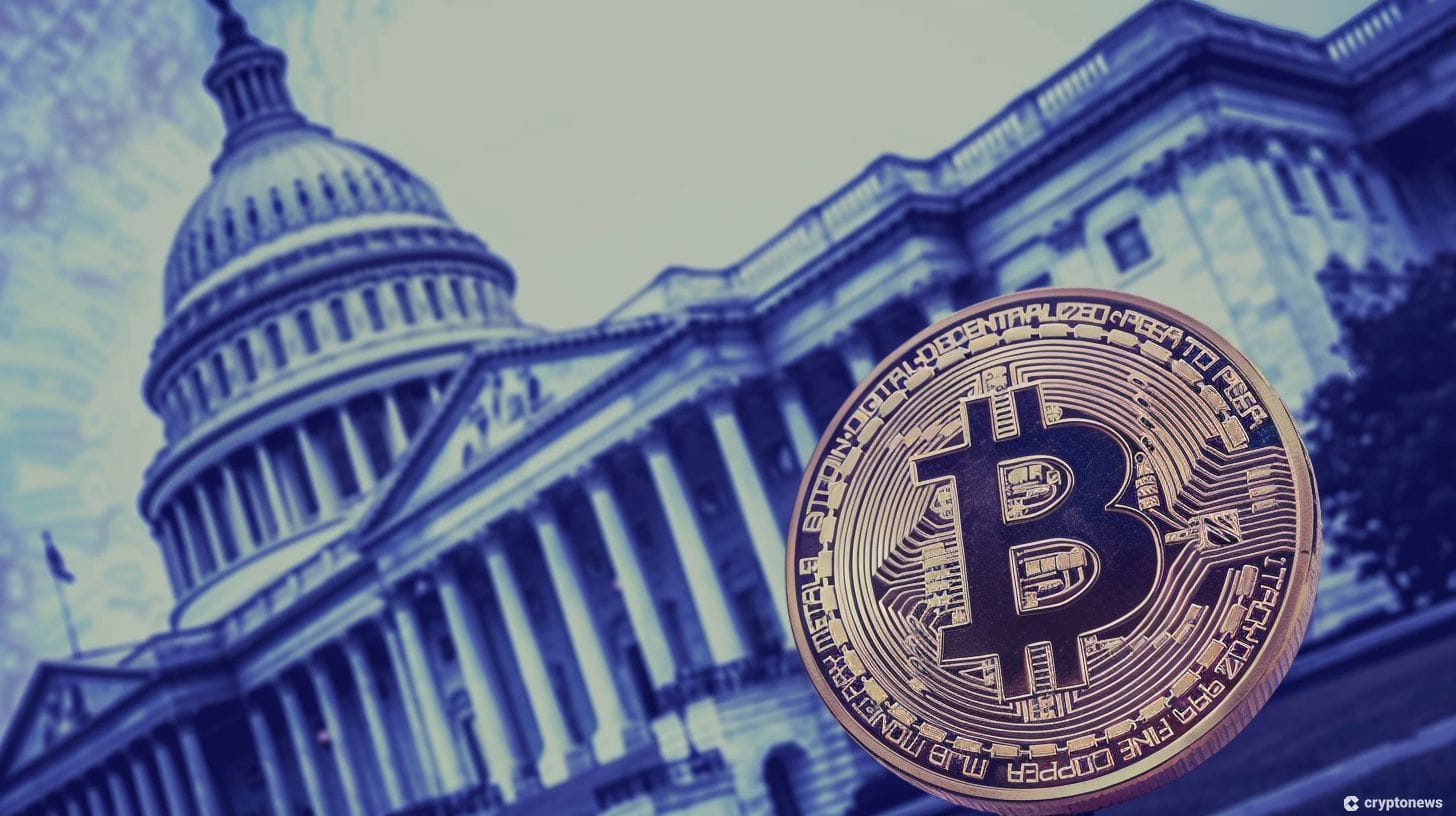Representatives Maxine Waters (D-CA) and David Scott (D-GA) are refraining from whipping against the Financial Innovation and Technology for the 21st Century Act (FIT21) ahead of the crypto regulation’s expected vote Wednesday, according to an email obtained by Politico on Monday.
Maxine Waters, David Scott Will Not Whip FIT21 Ahead Of Vote Wednesday
According to the email sent by the Democratic Whip’s office, Congresswoman Waters and Congressman Scott (D-GA) state that while they “strongly oppose” the crypto regulatory framework, the representatives will not whip party members to vote against it.
H.R. 4767, also known as FIT21, has been widely supported by key players in the crypto industry. It would provide clear regulatory guidance for the digital asset sector by granting the Commodity Futures Trading Commission (CFTC) greater responsibility over crypto regulations.
NEW: House Democratic leaders said today they will NOT whip against House Republicans’ crypto bill, I’m told.
The whip question sent to members this a.m. says that Waters and Scott “strongly oppose” the legislation, but does not urge them to vote “no”: https://t.co/V3DSjewYzV pic.twitter.com/lORrUIo4RZ
— Eleanor Mueller (@Eleanor_Mueller) May 20, 2024
Critics argue that the bill would weaken already established safeguards against instability in the crypto market, however.
“This language undermines decades of legal precedent and case law, thereby creating uncertainty in our traditional securities market,” the Monday email read. “The bill also provides a safe harbor in which entities can file an “intent to register” if they meet certain requirements, effectively shielding them from SEC rules and regulations until SEC and CFTC finalize their rules, which weakens investor protections and opens the door to fraud and market manipulation.”
A Shift In U.S. Crypto Regulation?
The United States Securities and Exchange Commission (SEC) has been largely criticized for its regulation-by-enforcement approach to cryptocurrencies. In recent years, the federal agency has issued several high-profile enforcement actions against industry players.
The stringent regulatory atmosphere in the United States regarding digital assets has sparked further economic concerns that it may be driving crypto businesses overseas and stifling innovation altogether.
On Monday, the Blockchain Association sent a letter to Speaker of the House Mike Johnson (R-LA) and House Minority Leader Hakeem Jeffries (D-NY) where they urged a full House floor vote on the bill, claiming it would bring “regulatory clarity for U.S. operators.”
“This lack of clarity impedes innovation and hamstrings companies, harming America’s standing in the global technology race,” the Blockchain Association’s letter read. “We are seeking pro-innovation and pro-consumer guardrails to ensure a fair and safe marketplace and to safeguard U.S. technological leadership in this cutting edge space.”
Should FIT21 successfully pass through both chambers of Congress, it could be an encouraging sign that the U.S. government is ready for common-sense crypto regulation.
